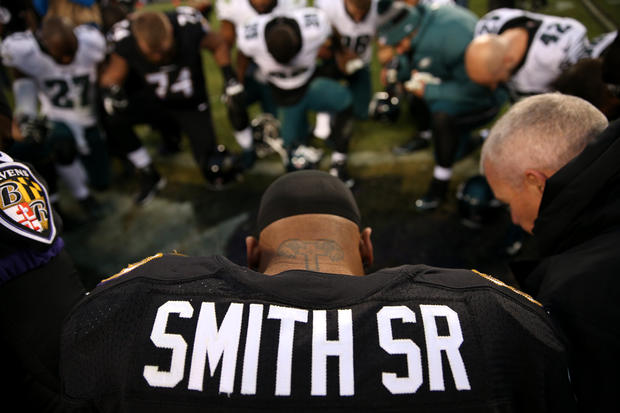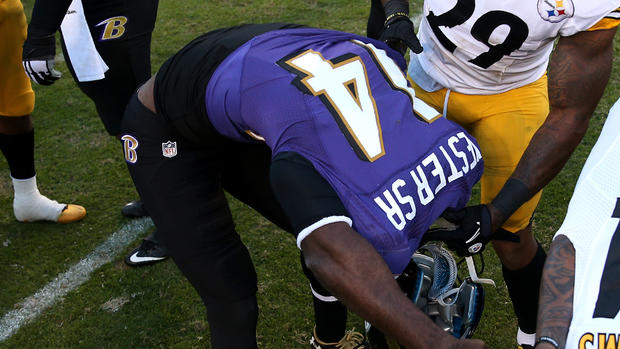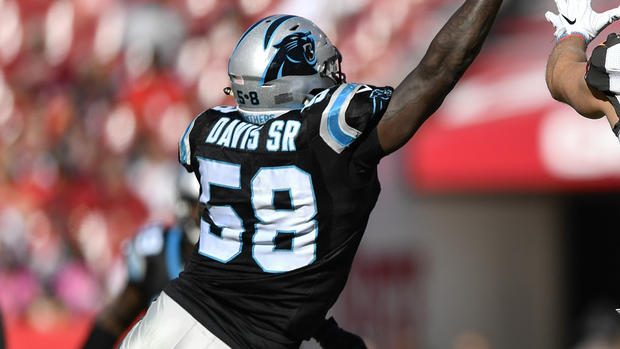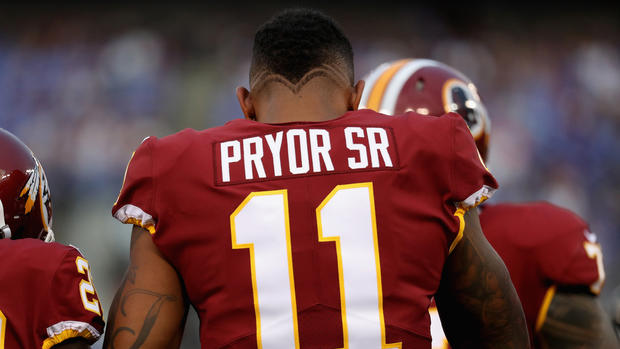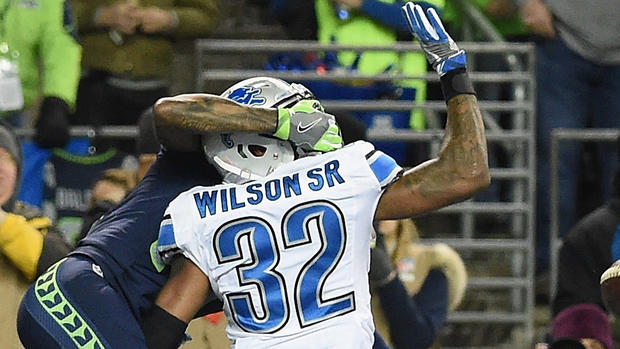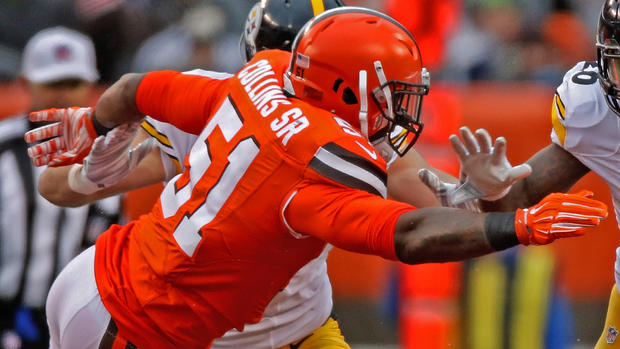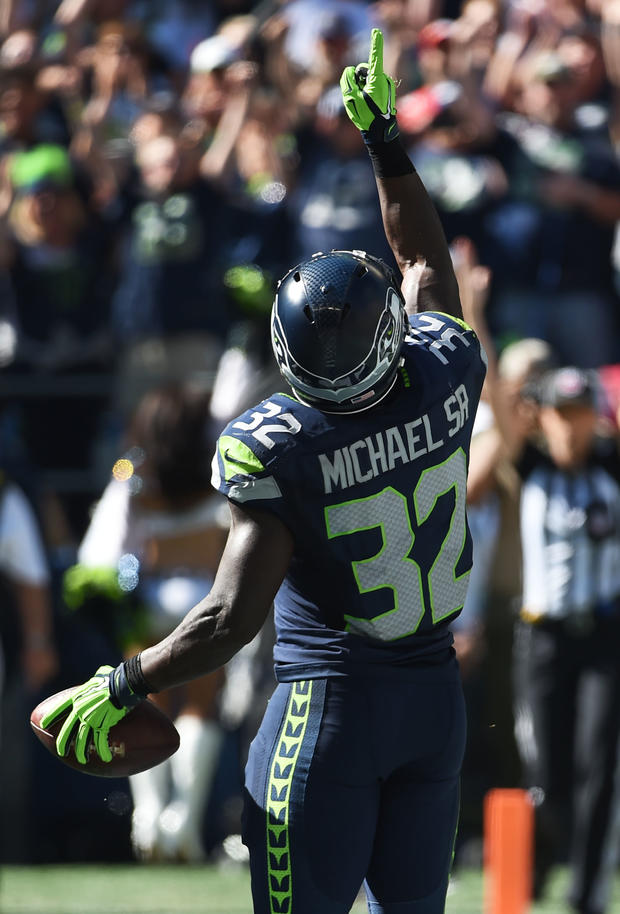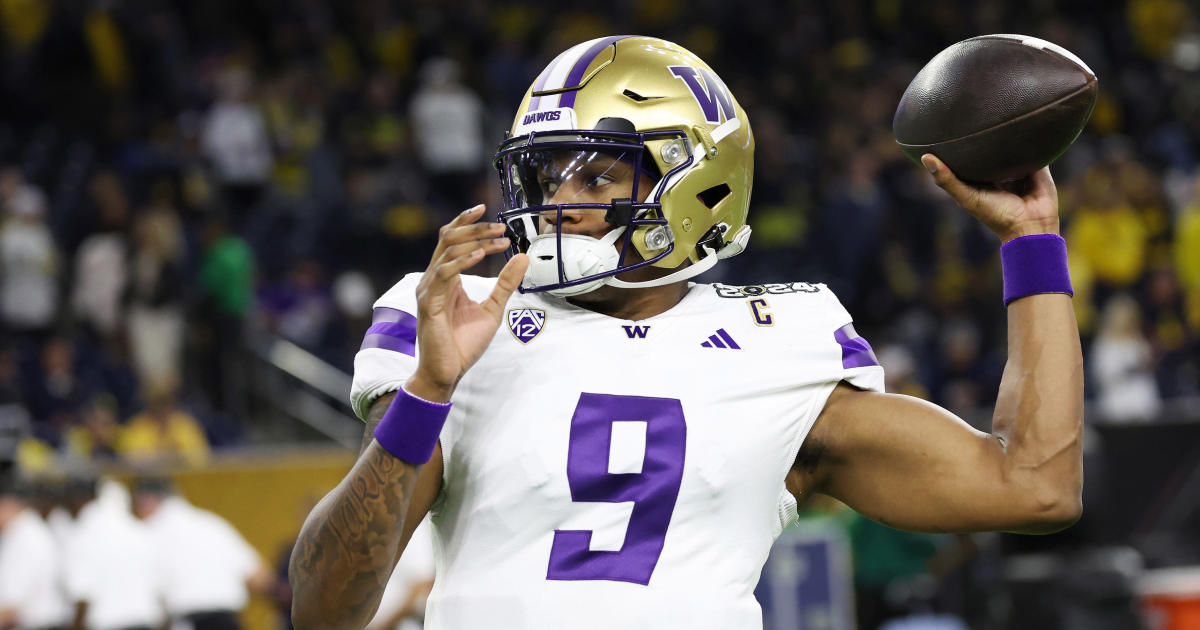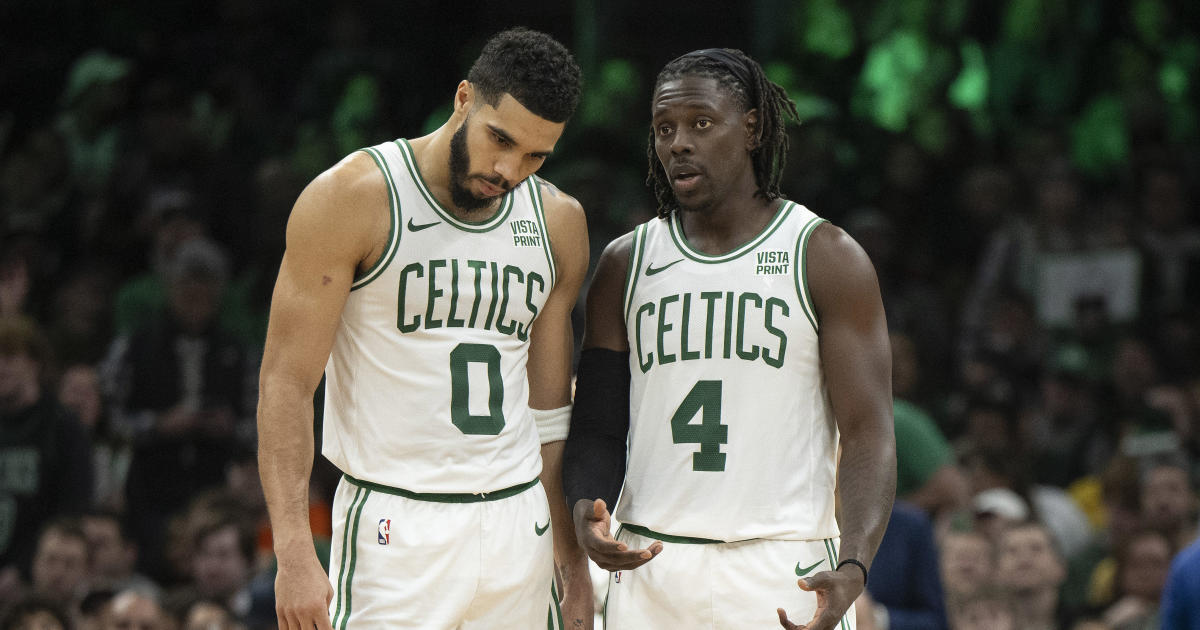Hurley: The Proper Solution To NFL's 'Dr. Duvernay-Tardif' Jersey Problem
By Michael Hurley, CBS Boston
BOSTON (CBS) -- One might assume that the NFL would jump at the chance to make the league and its players look good with the easiest public relations gift of all time. Alas, one would be wrong.
In case you hadn't heard, Chiefs lineman Laurent Duvernay-Tardif earned his medical degree and requested to add "M.D." to the nameplate on his jersey. The NFL reportedly denied his request. It started with a simple tweet saying the NFL rejected his request, and buzz and reaction continued to grow. The league stiff-armed Pro Football Talk's request for an explanation, which makes it seem as though the NFL is afraid or disinterested in defending its decision. And silence tends to only breed more curiosity, and now we're seeing headlines like "NFL under fire" and "NFL criticized" and, well, the whole thing seems unnecessary.
Really, the PR boost the league would get from putting "DUVERNAY-TARDIF M.D." on the back of a guard is small. Someone walking through the TV room might say to a friend, "Why does his jersey say M.D. on it?" And then the friend would say, "He's like, a real doctor, or something." And then the initial inquisitor would say, "Huh. Cool." And then neither would think about it much going forward.
But taking a stand against M.D.'s on nameplates is still an odd one for the league. There's literally no downside. There might not be another player who earns his medical degree during his playing career for another 25 years. And if another player does do that? Let him throw "M.D." on, as well. It's not like becoming a doctor is a quick and easy accomplishment.
You'd be wise to expect an about-face to be forthcoming, much like the situation where the NFL denied DeAngelo Williams' request to wear pink equipment all year long to honor his mother, who died from breast cancer. After getting hit with much-deserved terrible PR, the league featured Williams in a PSA that made it seem like the NFL really cares about breast cancer. Don't be surprised to see Duvernay-Tardif popping up in a 30-second ad during the 2018 NFL season which will allow him to discuss how he accomplished two of his life's dreams, and will also allow the NFL to look like the perfect environment for such dreams to be accomplished. Very nice.
Anyway. This space is not dedicated to hem or haw about the "M.D." issue. Not at all. I'm moving forward. And it's in that vein that we must discuss a far more pressing issue regarding the NFL and nameplates.
That issue? It's the proliferation of "Sr." showing up on the backs of jerseys.
How this trend started is anyone's guess, but we might have to start with Steve Smith. The retired receiver began wearing "SMITH SR." on his back when he joined the Ravens for the 2014 season. He was wholly within his right as a human being and individual to do so, and I'm not just saying that because I'm terrified of Steve Smith. (Just kidding, that's exactly why I'm saying that. Please don't read this, Steve. It's not about you. You deserve the Sr., sir. Thank you for understanding, Steve.)
Smith started a trend that can now be described as rampant. Every Tom, Dick and Harry who has a male child now feels emboldened and entitled to throw "SR." on the back of his jersey, as if the viewer at home might get confused whether they're looking at a 27-year-old adult male football player or a teeny-tiny little baby who can't yet walk.
The distinction is not at all necessary.
Yet the NFL allows it, because, well, why not? And players are taking advantage. Just look at this.
We've also got reporters referring to the players as "Sr." while reporting on news items.
I'm calling the cops.
So, look. You all created life. It's the most sacred thing in this messed-up world. That's great. Hopefully you'll all be great fathers with great children. Kumbaya. Children are our future. We're all in this thing together.
But that doesn't have anything to do with your football jersey, or your football career, or football in general. Technically you did become "senior" when you filled out that birth certificate and gave your name to your son. But we know who you are. We're not asking to see your social security card. If your kid ends up making the team and you're still on the roster, then we can talk about that "SR" on your back. (Even then, though, we can generally discern which human is which.)
This isn't like a "Jr." or "III" or, in the case of Will Fuller, a "V" thing. When you're a junior or a third or whatever, you are a junior or a third at birth. It's your name from the time you entered the world. Granted nobody's ever confused Tom Brady Jr. for his father, but hey, you want III on your back? Fine. Whatever. But if you're 28 years old and you're looking to celebrate the fact that you and your lady friend had yourself a magical evening a while back? Kick rocks, kid.
So the NFL wants to ban Duvernay-Tardif from putting "M.D." on the back of his jersey? Fine. Whatever. Now is the perfect opportunity to ban the seniors, too. The NFL likes to exercise control over players, and remind them who's in charge. And if they're going to use it on the doctor, they're going to have to use it on the dads. Rules are rules. It's time for Roger Goodell The First to take a stand that really matters.
You can email Michael Hurley or find him on Twitter @michaelFhurley.
